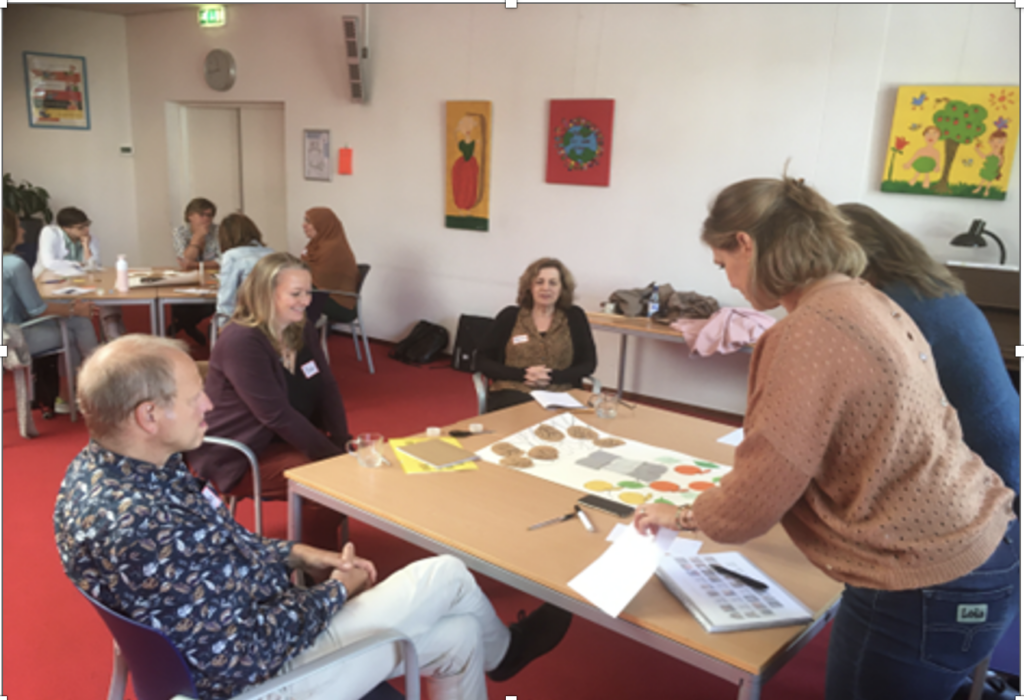Constructing professional identities through boundary work in participatory action research

Gaby Jacobs introduces her newly published paper…
“I have been interested in identity work as long as I can remember. Simply because that is something we all do the whole time, whether we recognize it as such or not. If I ask who you are, what would you say? Would you start by telling your name? Will you tell a story of strength, of hazards and their overcoming, of ambition or love? Would you put forward your job or would you stress something else that is important to you?
Feminist perspectives made me aware of the power inequalities involved: that some identities are valued more than others in our society. But also that we have multiple identities: e.g. as a mother, a professor, a friend and a sports buddy. And that we often find ourselves on the boundaries of these identities, trying to accommodate differences or to live up to diverse expectations.
This is also true for professional identity work. Healthcare is changing rapidly, with many big issues that evade a quick fix. Technological developments, a shortage of personnel, raising costs and the ongoing demand for more efficiency. Healthcare workers need to collaborate and account for their added value to the healthcare system. So how does this influence their professional identity?
In one of my recent projects, I looked at spiritual caregivers’ work and how they profile themselves amidst mental health nurses who work in family care practice. This is important, since spiritual care is not rooted in a strong professional identity and is not well-known to other healthcare workers.
Participatory action research provided the setting for bringing these two professions together in learning communities. Through the lens of ‘boundary work’ it became clear that participatory action research contributes to strengthening professional identities. By strengthening then I mean not so much building a ‘strong’ professional identity that is divided from other professions, but a more articulated and flexible identity.
How did this occur? Participatory action research stimulated reflection on similarities and differences between these two professions, and facilitated the critical dialogue between these professionals. For example on their shared endeavor: the (in)sanity of our society and how they can help people to reorient in life.”
The DOI forever link
Jacobs, G., & Cuba, S. de. (2023). ‘A clear center but no clear boundaries.’ The construction of professional identities in spiritual care through boundary work in participatory action research within health care. Action Research,10.1177/14767503231195418
- Appreciating and inquiring with refugees. - April 29, 2024
- Three stories we did not tell about NGO-Community Collaboration in Uganda - April 18, 2024
- Podcast on PAR Peacebuilding in Colombia - April 15, 2024
